In our daily life, I think everyone will use kitchenware every day no matter cookware, kitchen appliances, kitchen tools, etc. Many people think that it does not need to be replaced as long as it still can be used. Is this really true? Food safety experts remind us that the lifespan of kitchenware is not forever. It should be replaced in time.
In below, let see the items you may not replace for a long time.
Gas Stoves
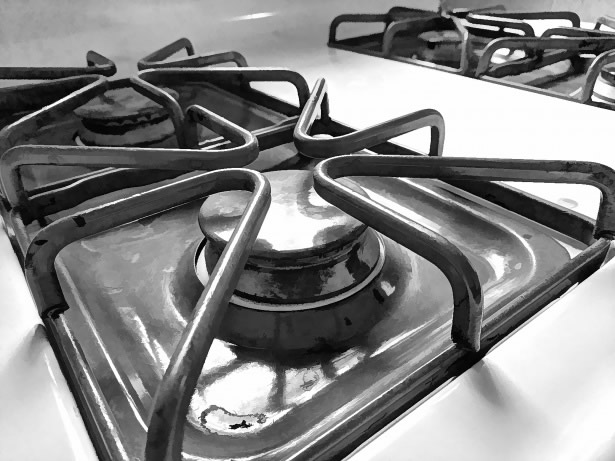
The main situations that may occur are the following:
1. The general life of a gas stove is different from country to country. It can be judged according to the date of manufacture of the product.
However, you can perform a visual inspection. If the gas stove in your home is obviously aging, or there is no flameout protection device or bought in the small brand, you can replace a new one.
2. The gas stove is damaged. If the gas stove is rusted or deformed, you should also replace a new one.
3. Many gas stoves purchased by many families a few years ago, or the brand already disappeared. Therefore, if the product has problems or dangers in use, it’s difficult to contact the manufacturer for repair or compensation. This type of gas stove should be replaced as soon as possible.
Bamboo And Wood Products
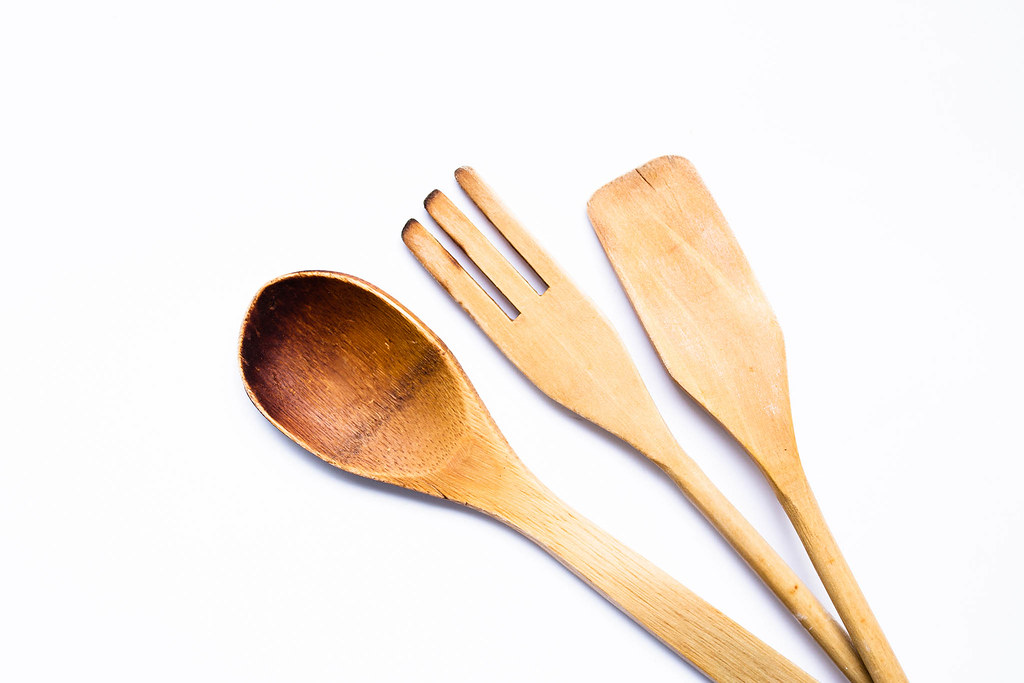
The natural bamboo and wood tableware is non-toxic and is very popular among consumers, but such tableware is easy to breed bacteria. If you do not pay attention to disinfection, it may cause intestinal diseases.
The lifespan of bamboo and wood tableware is half a year to one year. It’s best to disinfect them once a week, boil them for 30 minutes or disinfect them in a microwave oven for 2-3 minutes.
Bamboo and wood will become darker when used for a long time. Some families fry food with chopsticks. The head of the chopsticks is also carbonized and turn black. The strength has deteriorated, and it’s prone to mold and dirt.
Some “painted chopsticks” contain heavy metals such as lead and chromium. After frying, there is even a risk of heavy metal poisoning and carcinogenesis. Therefore, once the chopsticks are cracked, deformed, or discolored, they should not be used anymore.
The Coating Is Damaged
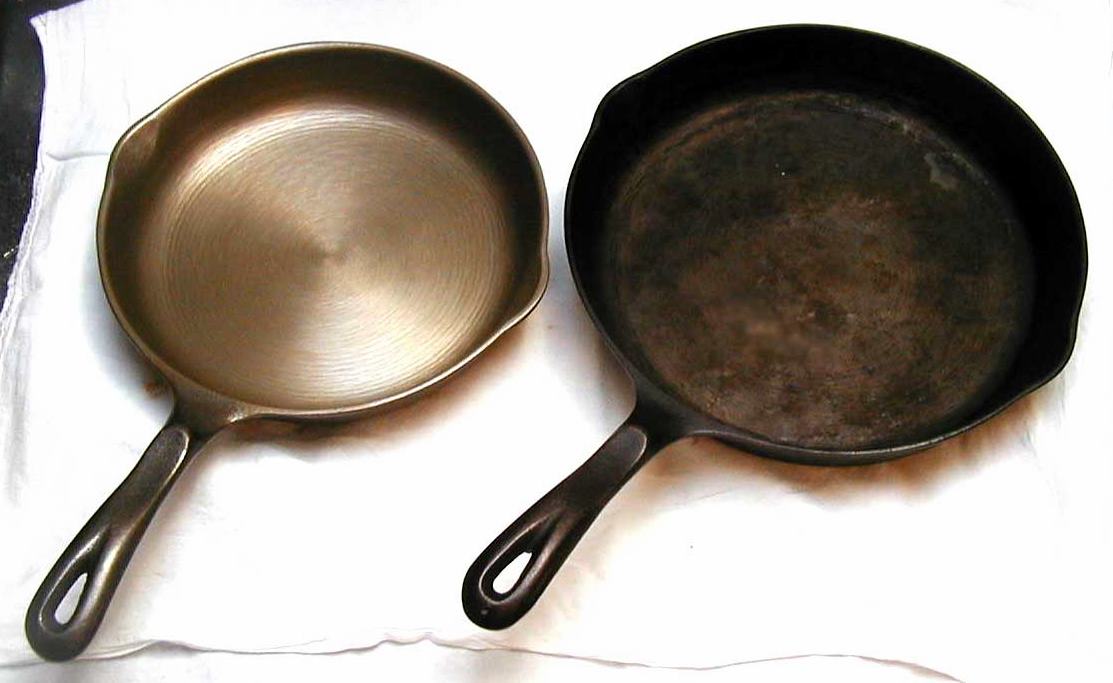
Many people think that metal products are safe and can be used for life, but it’s not. Take the most common cast iron pan as an example. If the “oil layer” that protects the surface of the iron pan falls off, the rust in the pot is easy to cause nausea and vomiting, diarrhea, poor appetite and so on.
Stainless steel is made of iron-chromium alloy mixed with metals such as nickel and molybdenum. These metals also have harmful ingredients. Therefore, when it’s found that the kitchen made of metal has scratches, surface paint or the coating peeling off, it should be replaced in time.
Ceramic Products Cracked
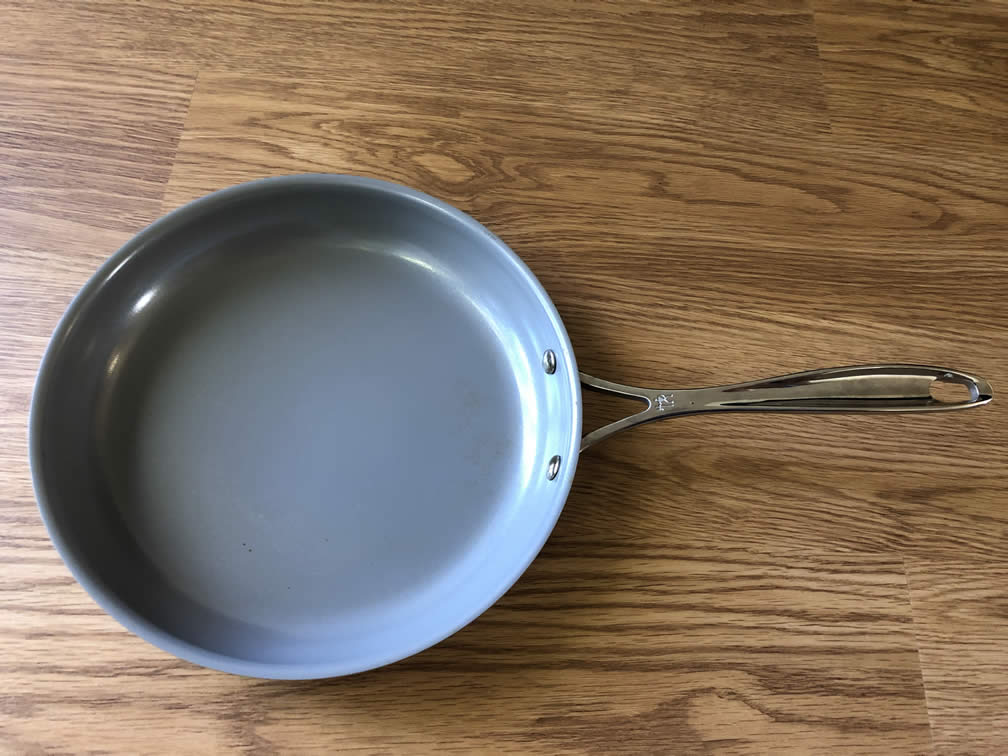
The beautiful glaze of porcelain contains lead. When cracks appear, lead may release and mix into food. Therefore, ceramic tableware with cracks should not be used anymore.
The life of the tableware is inseparable from the maintenance. For ceramics, metal and other kitchen utensils, we can extend the service life through careful maintenance.
However, once cracking, deformation and porcelain peel-off occurs, it should be replaced in time.
Replace Plastic Products Every Year
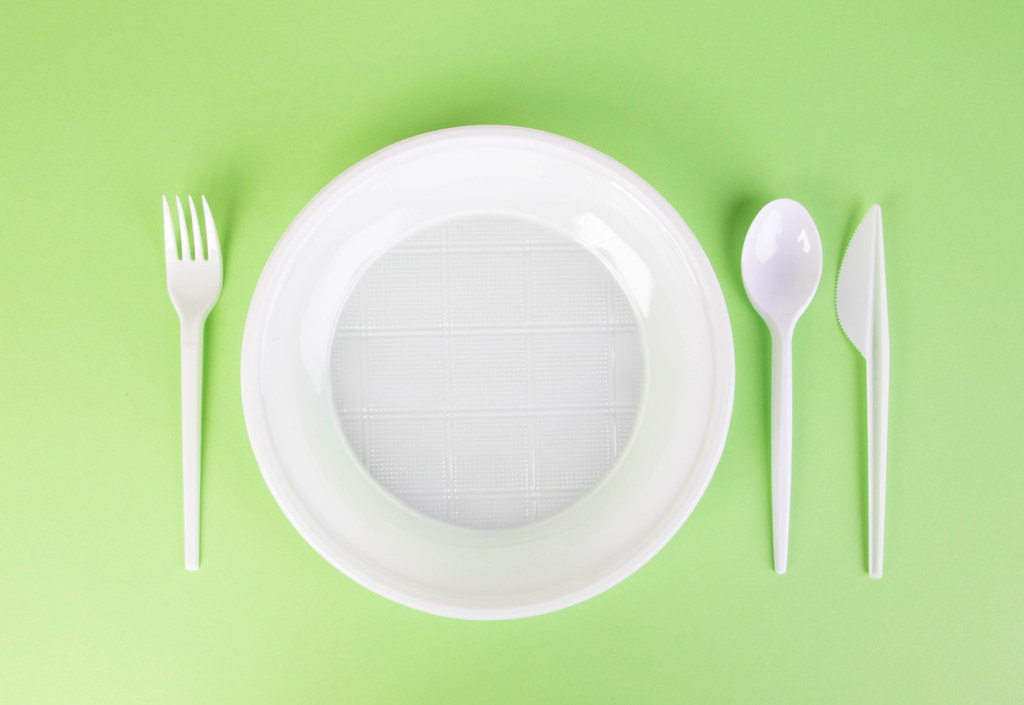
The plastic products are light and not easily broken and can be seen everywhere on the table. However, once they exceed the service period, they are very likely to become brittle and aging.
The harmful small molecules are easy to precipitate and become dangerous molecules for inducing cancer. If you find the plastic meal has scratches, the original smooth surface becomes rough or has a pungent “plastic taste”. Then even if it’s used less than one year, it should be replaced in time.
Change Dishcloth Every Month
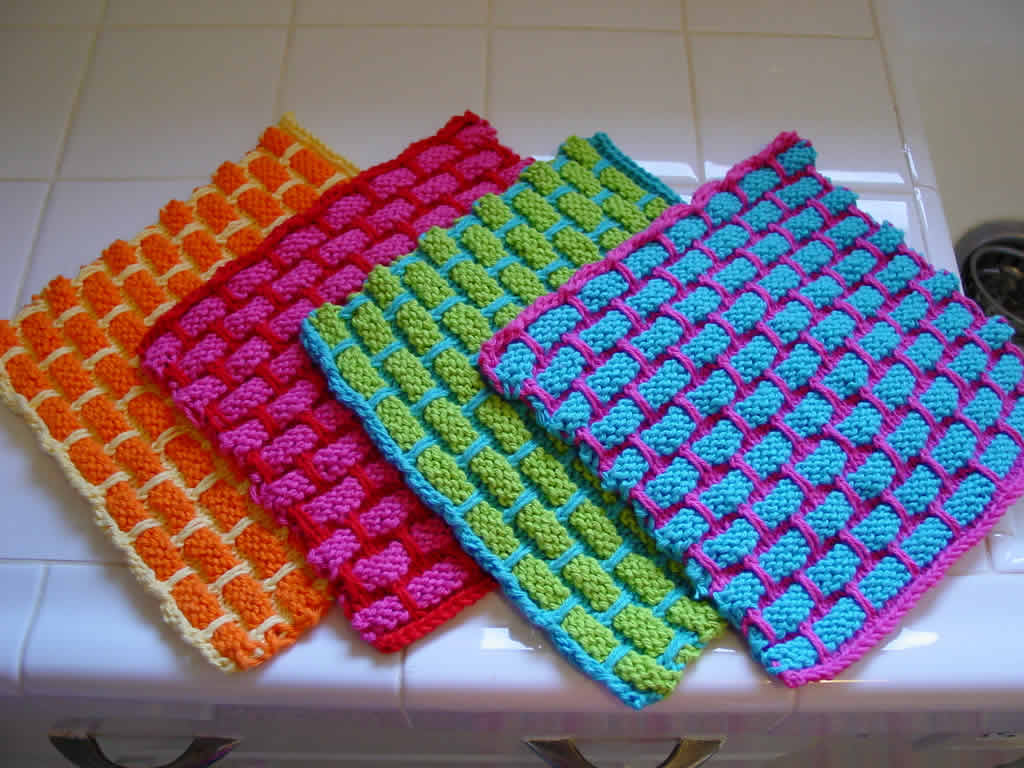
The dishcloth should be replaced once a month. Studies have shown that 20% of dishcloth contain bacteria such as E. coli and Salmonella that cause disease. Especially in the summer, the incompletely cleaned dishcloth will breed a lot of bacteria, which will cause “cross-infection” in the washing process. It also affects the family members’ bodies due to “secondary pollution”. health.
Therefore, after brushing the pots and pans every day, thoroughly wash the dishcloth with detergent and water. Then hang in a ventilated place to dry naturally. The longer the dishcloth is used, the more bacteria it contains.
If you can, it’s best to heat and disinfect the dishcloth once every two days. However, even if this is done, it should be replaced once a month to better protect the health of the family.
Remind that it’s best not to choose chemical fiber for a dishcloth, and do not use steel balls. Because the crumbs of chemical fibers and steel balls are easy to stick to the tableware, they enter with the food and remain in the gastrointestinal tract of the human body. It’s recommended to choose pure wood fiber dishcloth as much as possible. This cloth has strong hydrophilicity and oil discharge.
Cutting Board
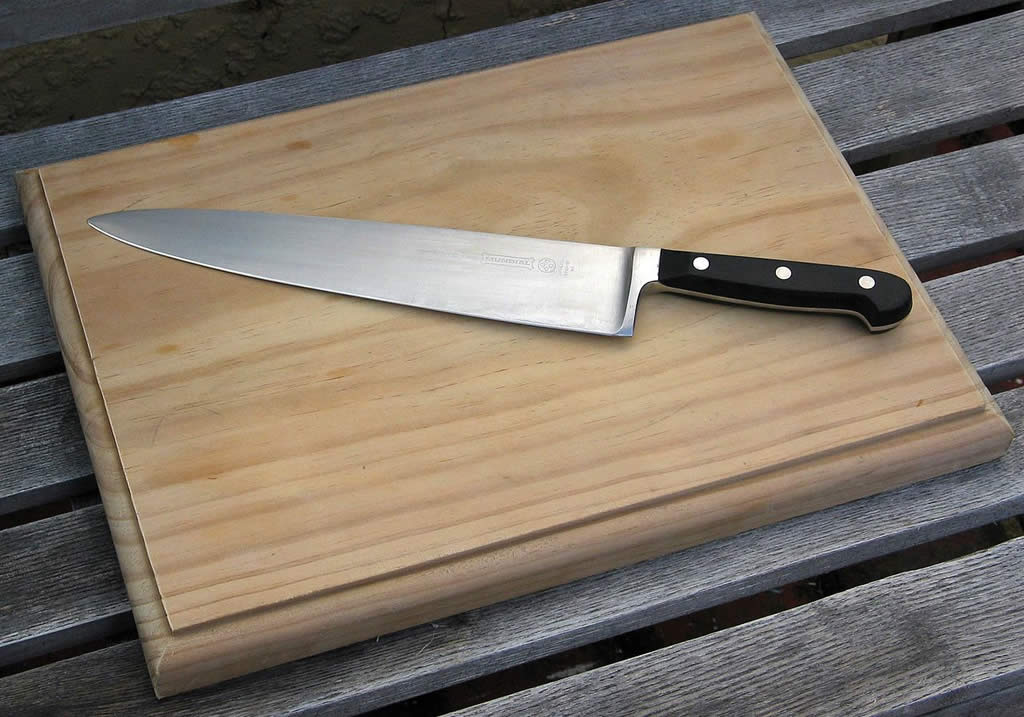
If you always clean the cutting board, it can be used for a long time. Killing bacteria such as E. coli and Salmonella is to clean the cutting board instead of throwing it away. Dr. Brenda Wilson, associate professor of microbiology at the University of Illinois said: “When you think that the cutting board seems to be no longer usable, you can change it.”
Conclusion
Before, I think everything in the kitchen can use for a lifetime only if it’s not broken. Now, I replace a lot especially plastic items.
When I was young, I used plastic for many years. If I can know the information earlier, I must replace it. Now, I replace anything plastic with stainless steel if possible.
I hope the information above can help everyone have a better life and become healthier.
If you have any questions about that, please leave below, I’d love to hear that.
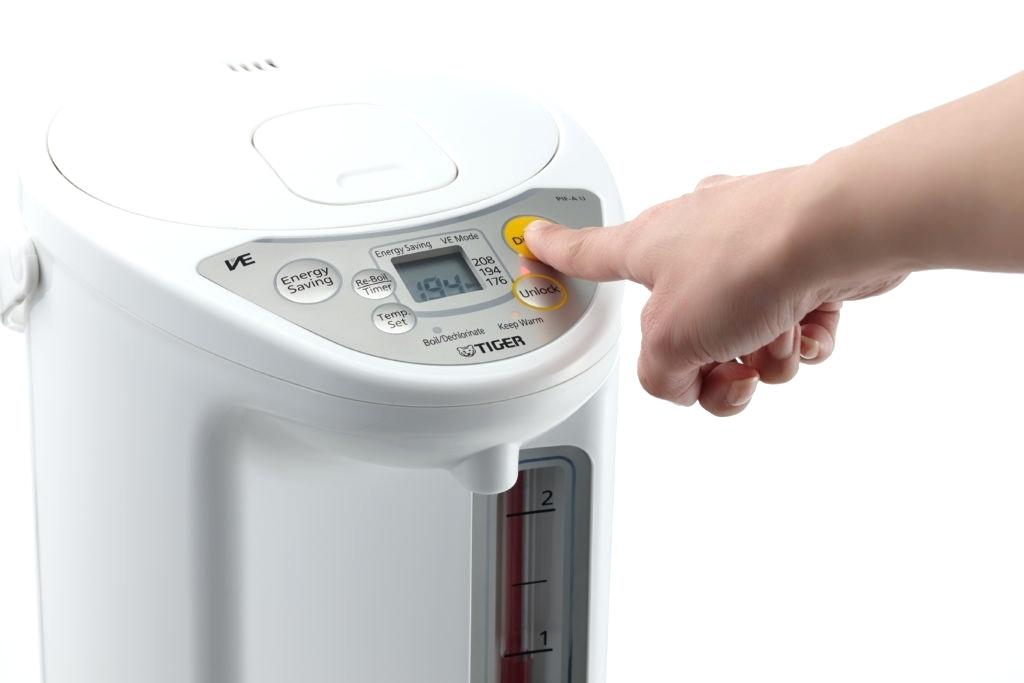
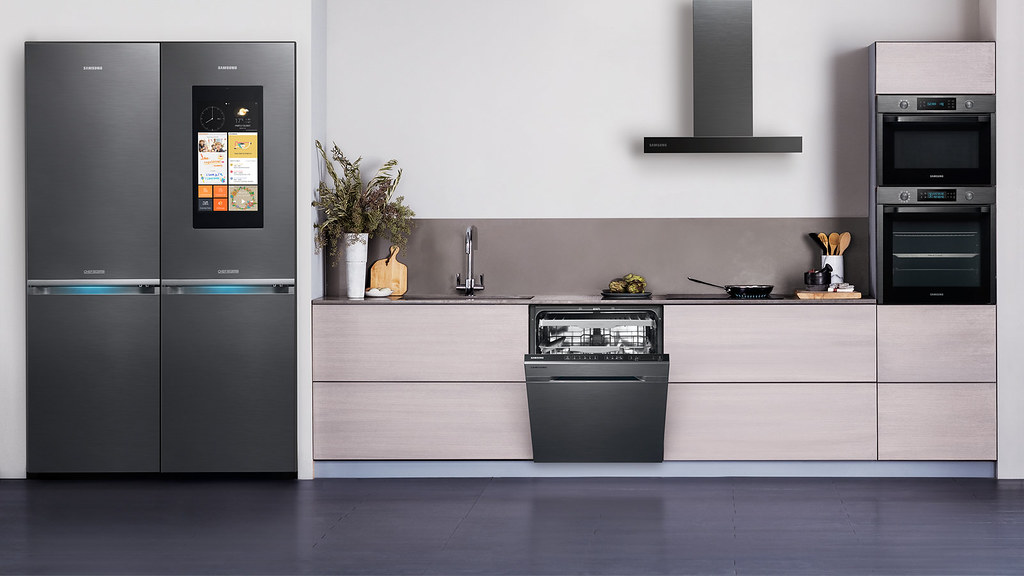
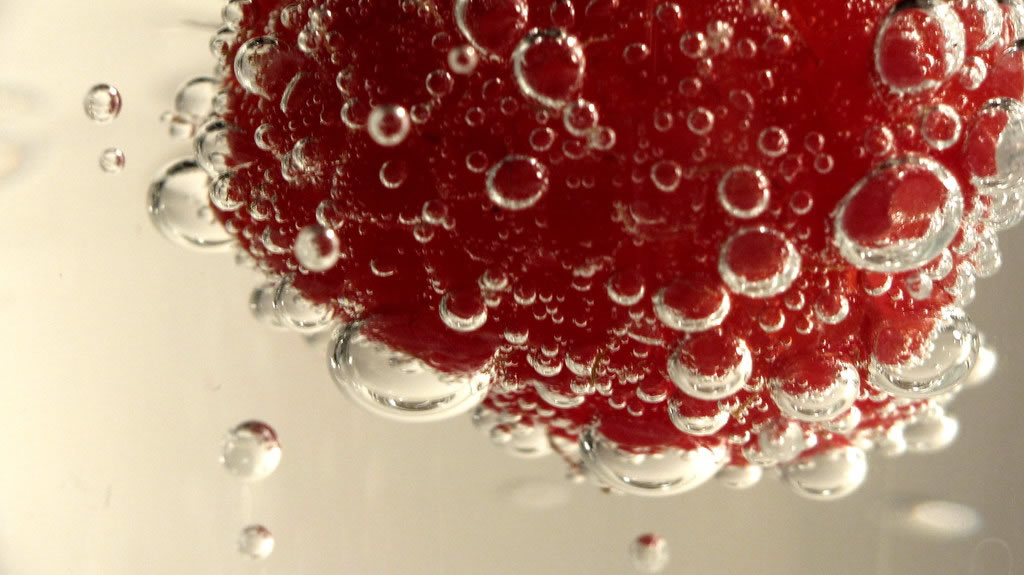
0 Comments